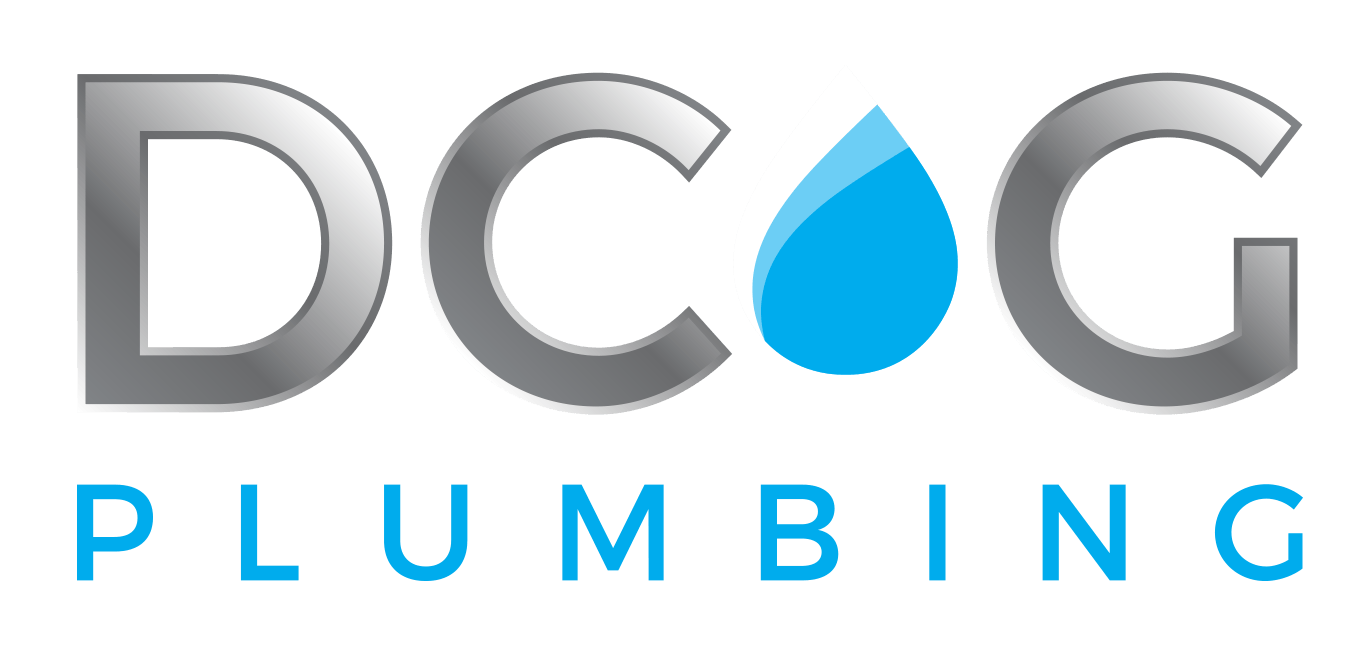
FAQ's
Q : Who is responsible for the cost of clearing a blockage?
A : The homeowner is usually responsible for the cost of clearing blocked drains and sewers, including the section of the stormwater drain that runs from your property out to the street. If you’re renting, the landlord should cover the cost, unless you have been doing something in your property outside the terms of your lease which causes the problem or you’ve been excessive in what you flush down your toilet.
Q : How will I know if my drain is blocked?
A : If your drains are blocked, there will be water pooling somewhere on your property. If your sewer is blocked, your toilet won’t be flushing away properly or your shower, bath or sinks will be draining slowly. Generally, until you will notice bad smells around your property when drains or sewers are blocked.
Q : Are There any early warning signs of a blockage?
A : If you hear gurgling or gulping sounds coming up from your shower, bath or sink or from the bathroom floor then your drains may already be partially blocked. If water is draining away slower than normal, if your toilet is taking a long time to flush away or the water level in it is rising or falling below normal levels, these are also warning signs of a blockage. If the drain outside your house overflows when the washing machine is in use, this is also a sign of a blockage. If you are experiencing any of these issues, please call DCG Plumbing.
Q : How do drain pipes get crushed or broken when they are underground?
A : Even if you don’t live in an earthquake zone, the ground actually still moves from time to time. This can be made worse by renovations on your property, heavy vehicle traffic over the top of drains, other recent excavation work, other tradesman interfering with your drains and not telling you. Even heavy rain can cause the ground to sag or seep, leading to old style drainpipes cracking or breaking.
Fully Licensed and Insured
Servicing Melbourne's Mornington Peninsula.
All Rights Reserved | DCG Plumbing. Wesbite by PENSTAR DESIGN